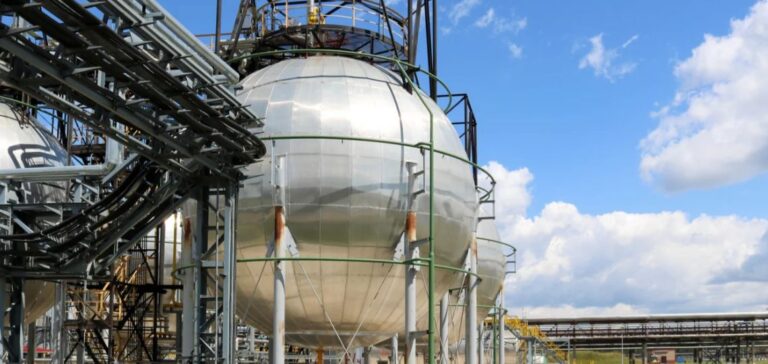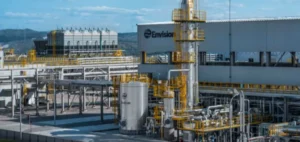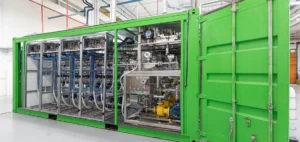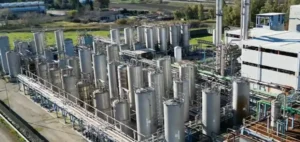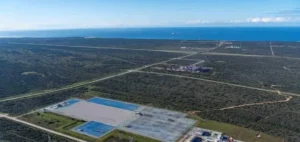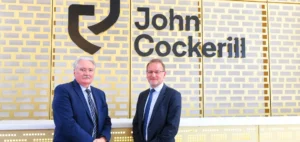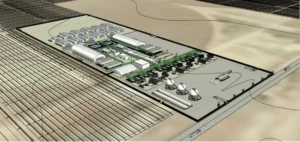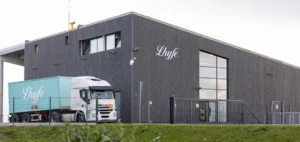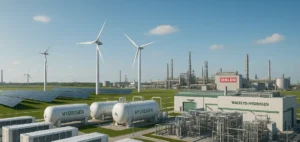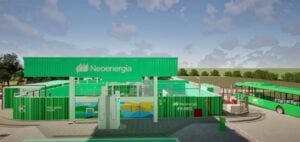Japan’s JERA has announced an agreement with ReNew E-Fuels Private Limited, a subsidiary of India’s ReNew Energy Global PLC, to develop agreen ammonia production project in Paradip, in the Odisha region of India. The project will use around 500 MW of renewable energy to produce 100,000 tonnes of green ammonia a year, mainly for export to Japan.
Institutional support and energy ambitions
This project is part of the initiatives of the Indian Government, which has launched various programs under its National Green Hydrogen Mission to support the green hydrogen and ammonia ecosystem. At the same time, the Japanese government also announced measures to accelerate the transition to clean energy, underlining both nations’ commitment to decarbonization.
Partner roles and capabilities
ReNew, a leader in the development of renewable energy projects in India, and JERA, a specialist in the creation of complete value chains, will combine their expertise to bring this project to fruition. The initiative will leverage ReNew’s proven skills in renewable energy and JERA’s expertise in building end-to-end value chains.
Potential impact and development prospects
Green ammonia, produced from renewable energy, will play a key role in achieving the objectives of “JERA Zero CO2 Emissions 2050”. This project marks an important milestone in JERA’s ongoing efforts to promote green hydrogen and ammonia as solutions to global decarbonization, particularly in Asia.
The partnership between JERA and ReNew for the development of green ammonia in India not only illustrates the companies’ commitment to achieving Net Zero objectives, but also strengthens energy cooperation between Japan and India. This project is an essential milestone on the road to a low-carbon society, highlighting the growing importance of green hydrogen and ammonia in global energy strategies.

